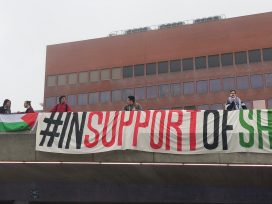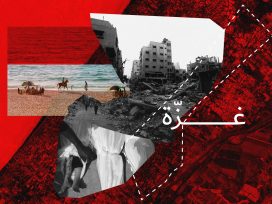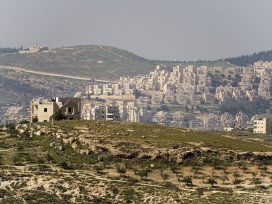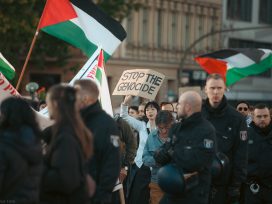A month after Hamas’s terrorist attacks on 7 October, in which 1400 Israeli civilians were brutally murdered, the world’s worst fears have been confirmed about the response they would provoke: an estimated 10 thousand Palestinians killed by Israeli bombing of the Gaza Strip, nearly half of whom are children.
The numbers speak for themselves. On both sides of this war, any standards of bellum justum are not worth the paper they are written on.
For all the moral rhetoric, the suffering and senseless destruction is being unleashed for reasons of political self-interest: Hamas, to bolster waning support in Palestine and beyond for a backward theocracy based on a nihilistic cult of martyrdom; Israel, to lock a heavily polarised population into the hyper-nationalistic politics of recent years.
Every state has a right to defend itself. But Israeli politics under Netanyahu have made a blatant mockery of any responsible, far-sighted attempt at solving the problem of peaceful co-existence. Not to mention the politics of Hamas, whose ideology is openly genocidal and has nothing to do with the secular, republican politics of anti-imperialism. Under these circumstances, yet more violence lies ahead.
But although ‘escalation is a fundamental feature of any war,’ writes James Dodd in Public Seminar, ‘it should not be taken to be some determining factor rigidly fixing a causal chain of events. Violence has no intrinsic logic, it dictates no necessity; this means that any given escalation of violence, as Carl von Clausewitz argued, is at its root a question of politics. We enter wars for political reasons, and we only resolve them with political means.’
A ceasefire is not a solution, of course. But it is the only humane option at this point.
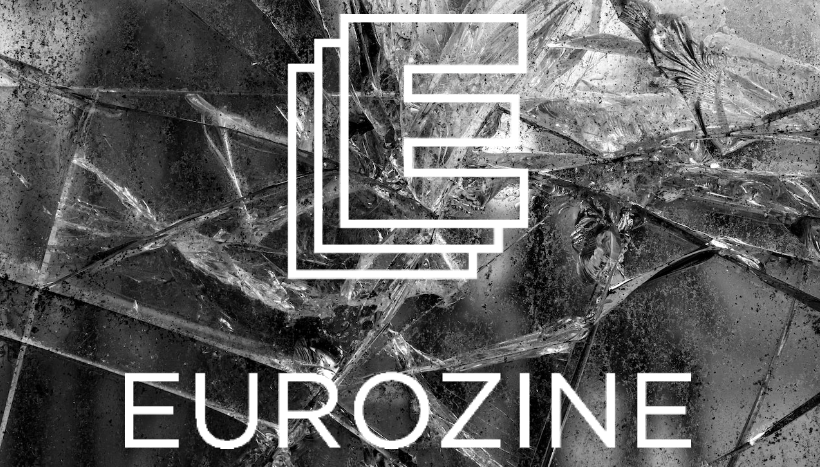
Photo by Salah Ait Mokhtar via Unsplash
Subscribe to Eurozine’s weekly newsletter to receive updates on latest publishing, news and reviews from our network of European cultural journals and associates.
